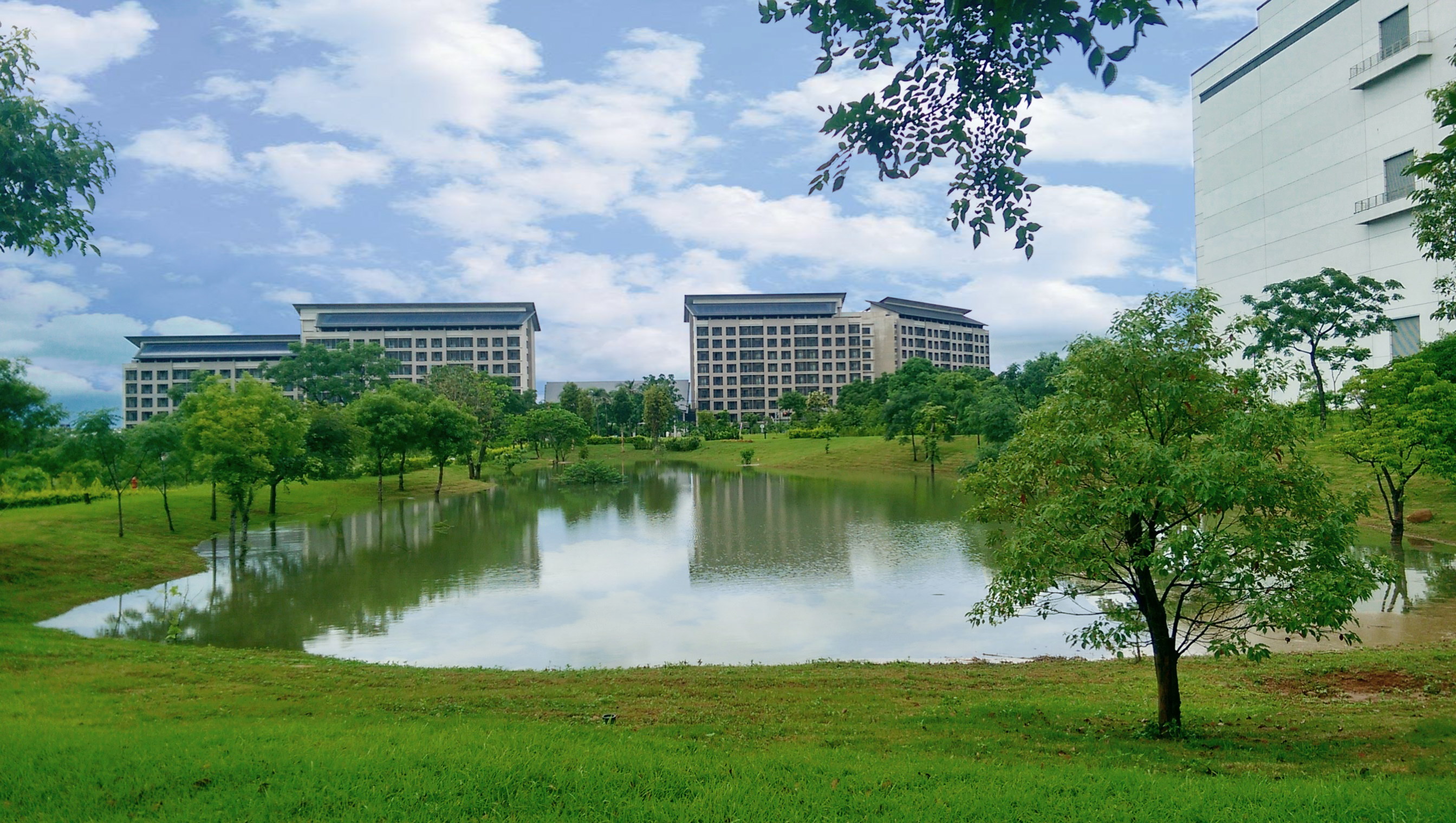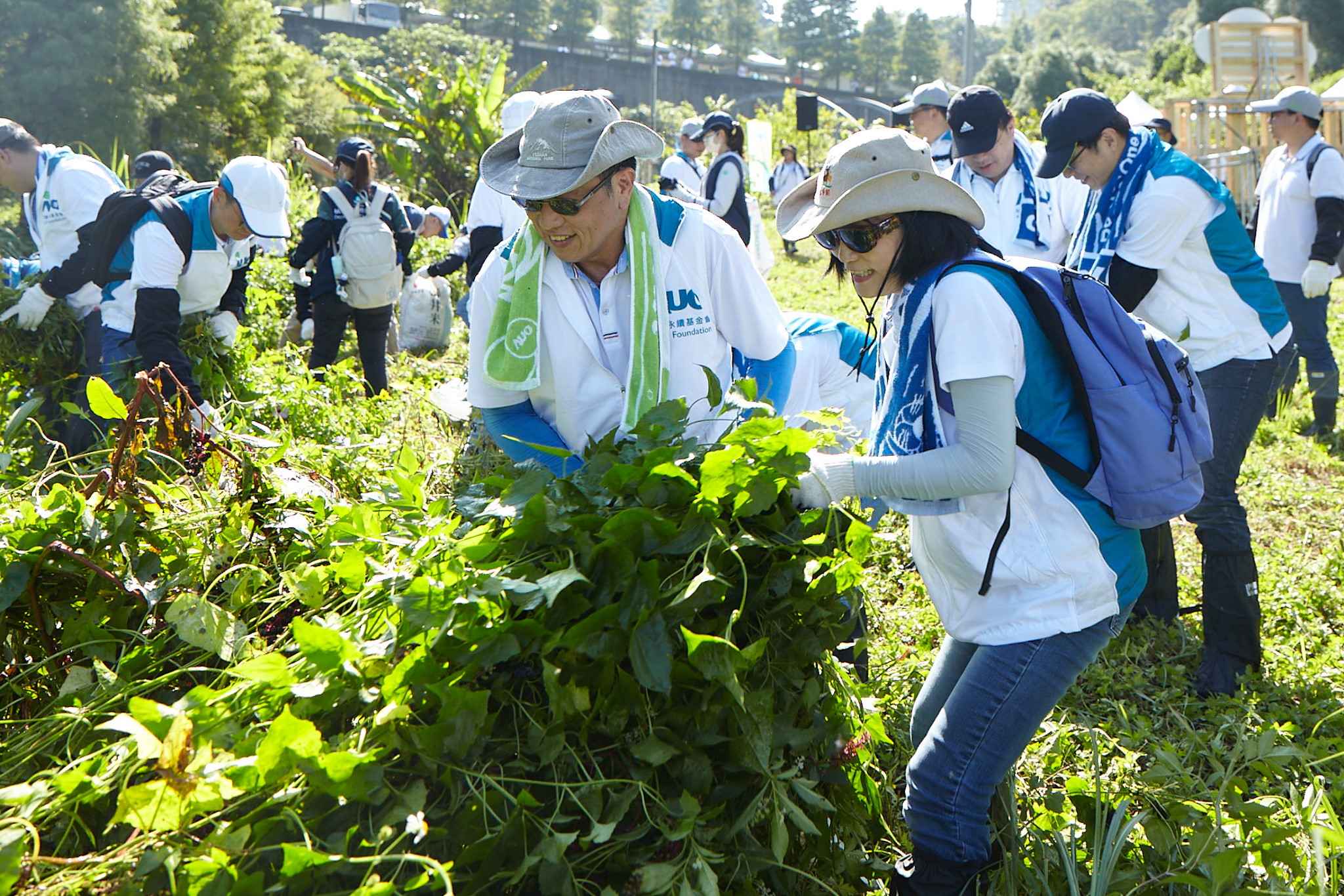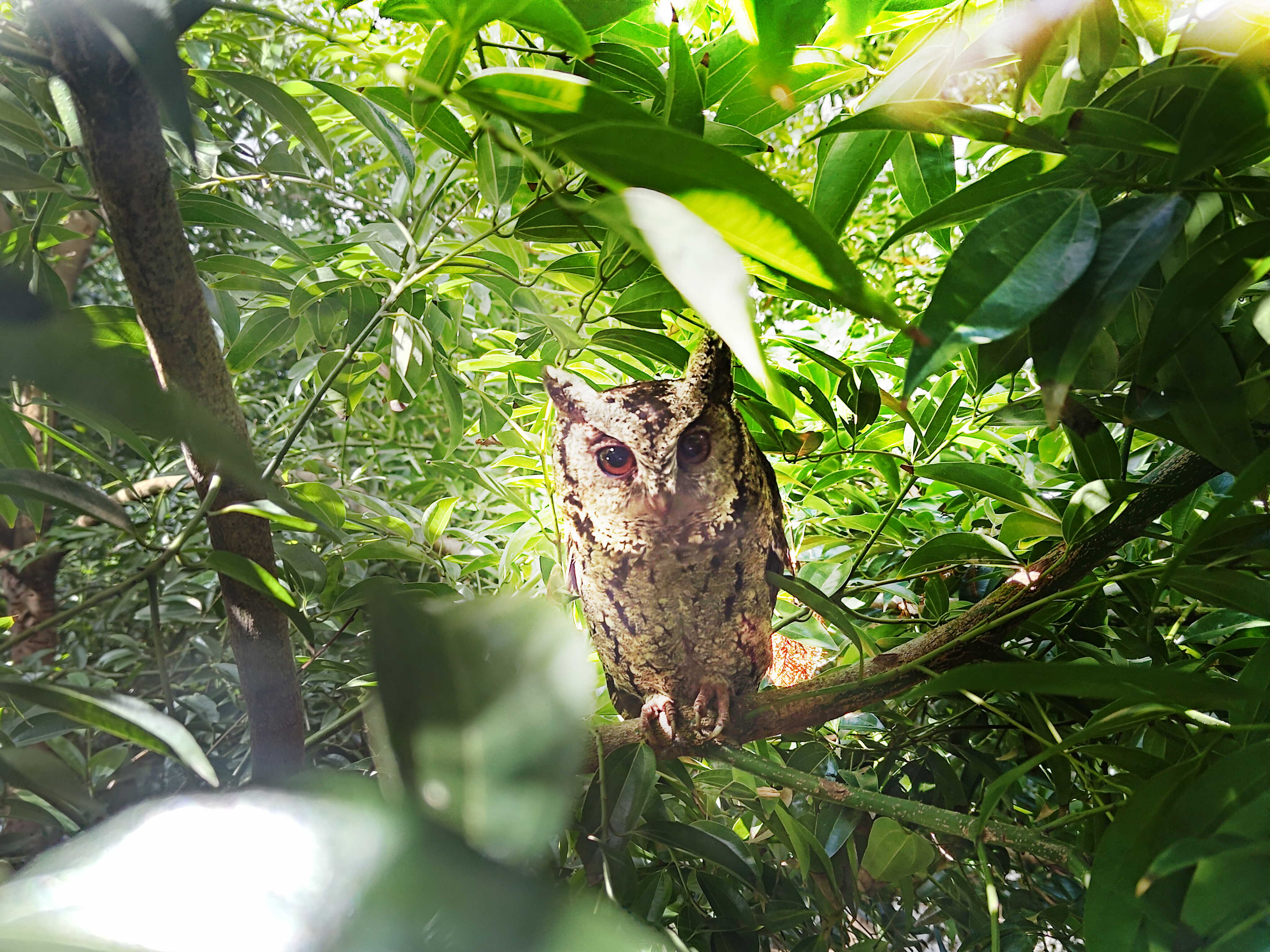Climate change is impacting species’ habitats and survival around the world, making biodiversity the second most significant global crisis after climate imbalance. Dedicated to sustainability, AUO views environmental sustainability as its responsibility and has responded to international biodiversity initiatives by establishing a “Biodiversity Policy” in 2023. In its governance structure, AUO further elevated its “ESG and Climate Committee” into the “Sustainability and ERM Executive Committee”. In 2024, AUO published its first report based on the “Taskforce on Nature-related Financial Disclosures” (TNFD) framework. Through the transparent disclosure and continuous internal research and assessment, AUO is committed to developing and implementing its biodiversity policies. Through these efforts, AUO aims to achieve a harmonious coexistence with nature and enhance its resilience against climate and biodiversity challenges.
|
To evaluate its dependence on and impact on biodiversity across its operations and overall value chain, AUO follows the LEAP assessment process recommended by the TNFD, which includes the steps of “Locate, Evaluate, Assess, and Prepare”. AUO categorizes its value chain activities into three major segments: upstream, operations, and downstream. This analysis covers 53 companies within its value chain, including both upstream suppliers and downstream customers. AUO overlays these locations of natural sensitivity and biodiversity indices, incorporating factors of related impact and dependency to understand the effects of its value chain activities on nature. Follow this, AUO is implementing more systematic actions, such as Mitigation and Compensation, guided by the Science Based Targets Network (SBTN) AR3T framework (*).
For its Mitigation efforts, AUO embraces the 3R principles (Reduce, Reuse, Recycle) as the core of its green initiatives. In the Reduce aspect, the company focuses on three major water-saving strategies—developing new water sources, conserving water, and effective management—which have increased the amount of recycled water within its facilities, achieving a 95% production water recycling rate and reducing dependence on tap water. AUO also employs effective control and treatment technologies, supported by continuous monitoring and regular maintenance, to optimize air pollution reduction management. In terms of Reuse, AUO applies circular economy principles, dedicating efforts on material reduction and reuse, continuously refining its manufacturing processes to effectively minimize waste, with nearly 92% of waste being recycled. In the Recycle component, beyond reducing its environmental impact in production, AUO collaborates with partners to support the circular economy, with initiatives that include a high usage rate of 96.4% in recycling industrial waste plastic trays.
For its Compensation efforts, AUO responds to the “Kunming-Montreal Global Biodiversity Framework”, working with partners and corporate volunteers to tackle invasive plant species. This includes regular removal and control efforts targeting species such as Mikania micrantha (also known as bitter vine) along Xiaoli River near AUO’s Longtan fab and Chromolaena odorata (also known as Devil Weed) around the Dadu Plateau, with the goal of reducing the coverage of Mikania micrantha by 30% by 2027. Additionally, AUO is committed to promoting a net-zero, green lifestyle. Over the past 16 years, the company has planted over one million trees across its global facilities, transforming them into lush, forest-like environments that serves as habitats for various species, contributing to AUO’s efforts in creating eco-friendly fabs.
AUO is actively implementing sustainable practices and leveraging its corporate influence to expand social participation, guiding its employees, clients, and supply chain partners to recognize the impacts of climate crises on land, marine resources, and biodiversity. Looking forward, AUO will continue its commitment to green initiatives, adhering to the international TNFD framework to manage the risks and opportunities arising from environmental issues. AUO remains dedicated to advancing towards its vision of “Beyond ESG · Infinite Possibilities”, aiming to safeguard the Earth’s environment and ensure sustainable operations.
* AR3T stands for “Avoid, Reduce, Restore & Regenerate, and Transform”
For more information, please download the AUO Taskforce on Nature-related Financial Disclosures Report: https://csr.auo.com/en/download/file/2023-tnfd-report
|

In response to international biodiversity initiatives, AUO releases its first TNFD Report, developing and implementing its commitment to biodiversity policies as it gradually moves towards harmonious coexistence with nature

AUO works with partners and corporate volunteers to tackle invasive plant species, conducting regular removal and control operations targeting Mikania micrantha along the Xiaoli River near AUO’s Longtan fab

AUO is committed to promoting a net-zero, green lifestyle. Over the past 16 years, the company has planted over one million trees across its global facilities, transforming them into lush, forest-like environments that serves as habitats for various species, contributing to AUO’s efforts in creating eco-friendly fabs
|